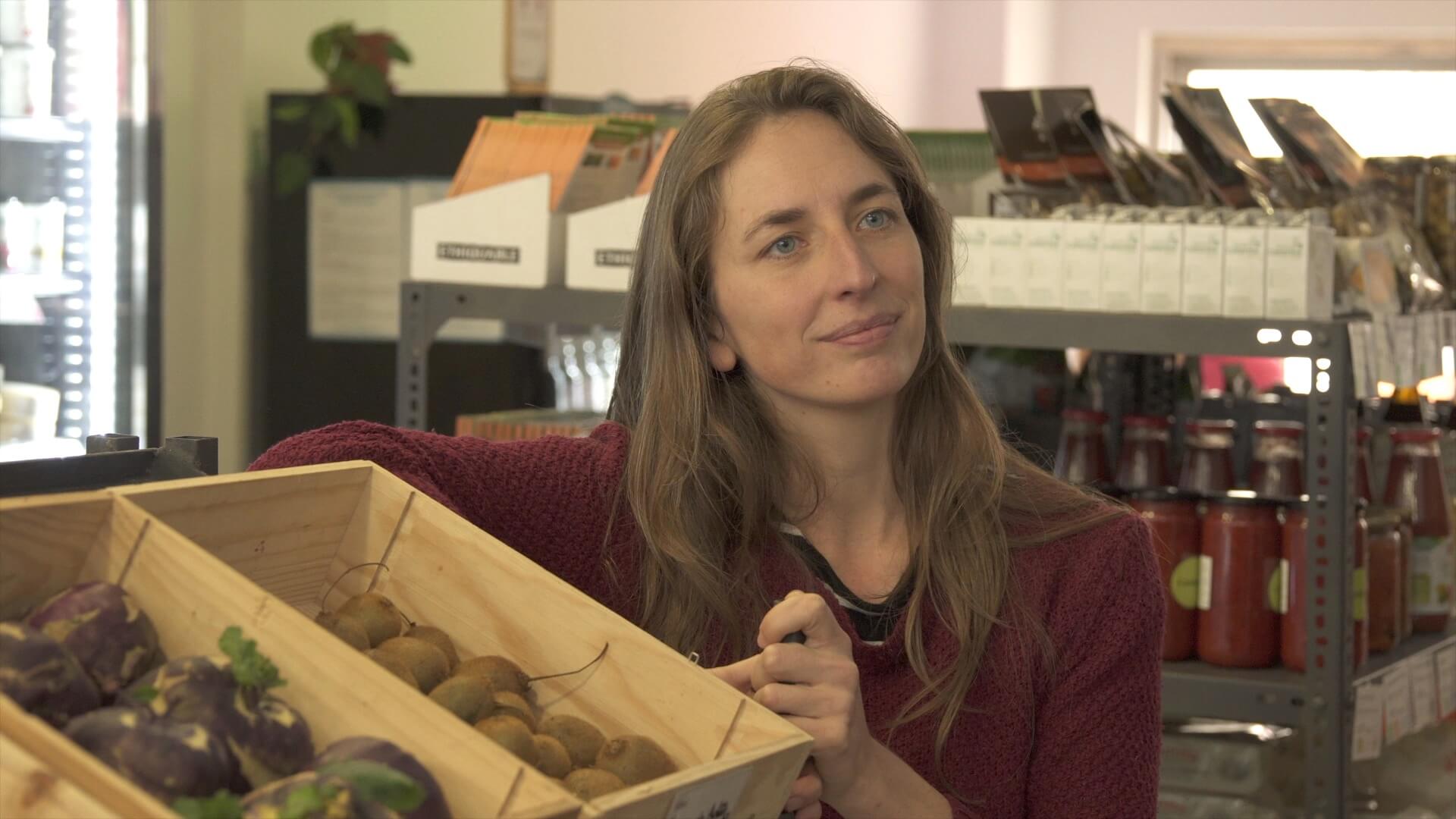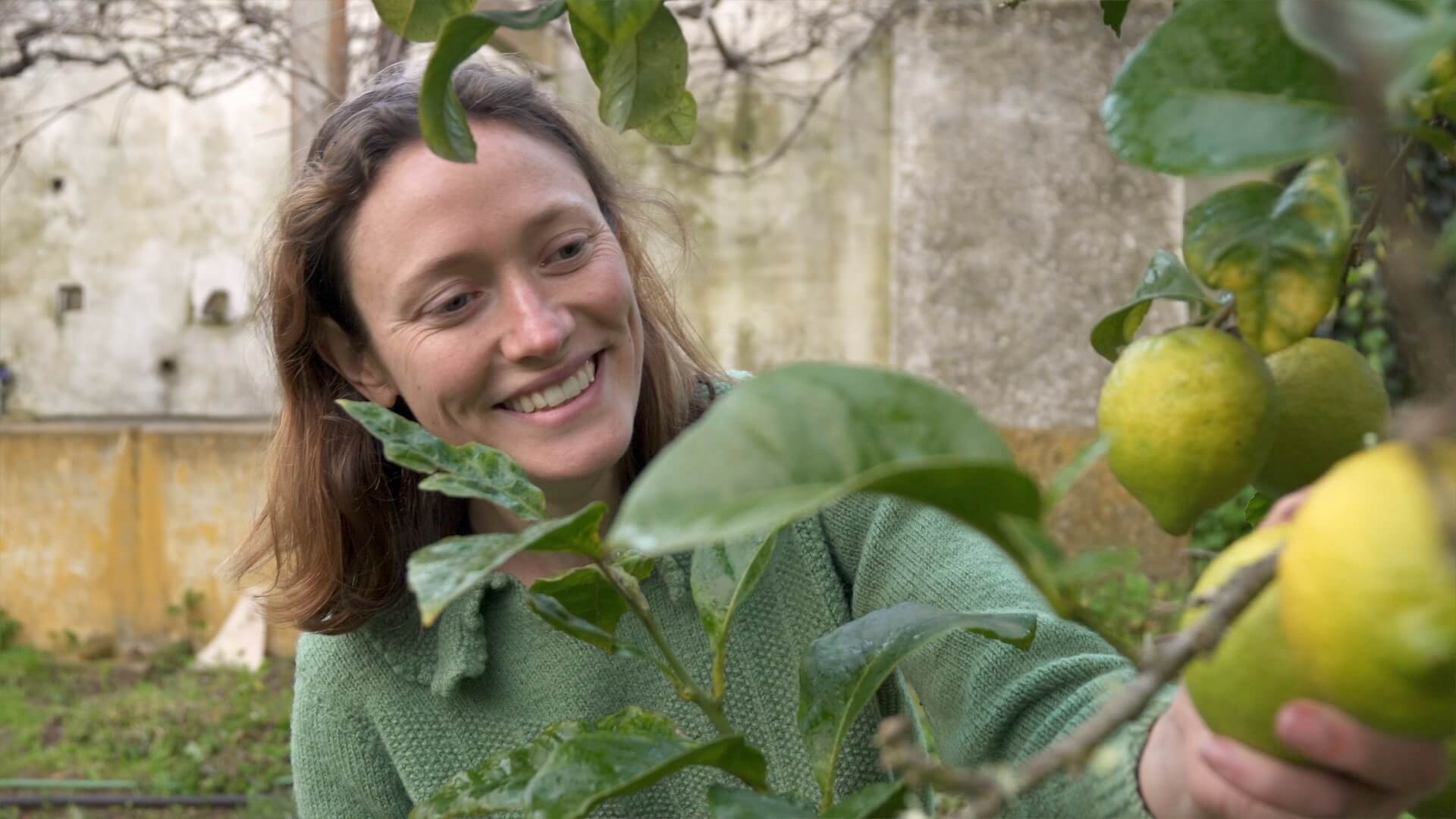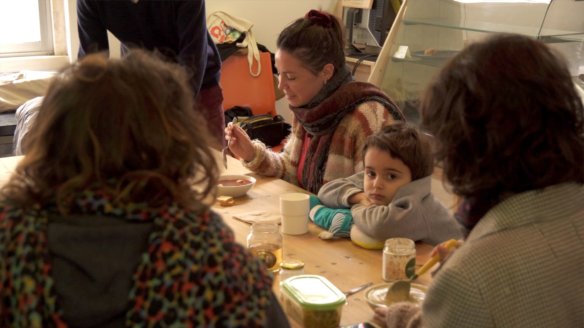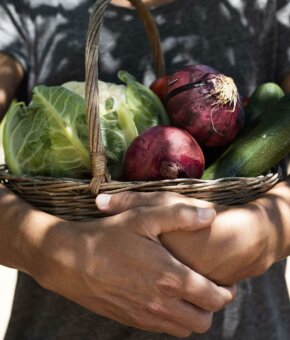
Rizoma Cooperative, based in Lisbon, Portugal, is more than just a grocery store – it’s a community-driven movement focused on growing food and building a stronger sense of community. Co-founder Alison Powell believes that “when we do projects that are good for the world, we can become better people in the process.” This belief is at the core of Rizoma‘s mission, which seeks to create a more ecological and community-oriented grocery store model. Watch the video below on how growing and buying food in cities also helps build community.
Rizoma’s Revolutionary Approach to Grocery Shopping
Rizoma’s grocery store is designed to challenge traditional grocery store models and promote a more sustainable and community-driven approach to food consumption.
The main point of the grocery store is to rethink consumption.
Powell explains that as a member of the cooperative, “you don’t just come here to shop. You also come here as a member who works and helps co-organize and co-manage the grocery store itself.”

This approach allows members to learn about where products come from and how a grocery store functions, creating a more educational and community-driven experience.
Growing Groceries Locally
Saskia Selwood – one of the co-founders of Rizoma – is also a local farmer who supplies Rizoma. She speaks passionately about the importance of growing groceries locally, stating that “my relationship to food is very passionate.”

Rizoma sells local and organic products from its members, including fresh produce from local farmers like Selwood. By supporting local farmers, Rizoma is not only providing customers with fresh, high-quality produce but also promoting a more sustainable food system. As Selwood explains, “we have a variety of different things that we sold at Rizoma shop…and we sold some of our vegetables.”
Building Community Through Food
Rizoma strives to create a second home for its members, a space where the act of consumption is transformed into a meaningful and intentional act of creating the world we want to live in. As Powell explains, “together we’re co-creating the grocery store of our dreams, which is one that’s more ecological, that’s more community-oriented, that is a second home that makes the act of consumption radically different from what it is in the modern world normally.”

By promoting a more community-oriented and educational experience for its members, Rizoma is building a stronger sense of community and connection. As Selwood adds, “it’s just a very loving relationship” when it comes to growing and consuming fresh, locally-sourced produce.
Rizoma’s Roots
Rizoma Cooperative takes its name from the botanical term “rhizome,” which refers to a type of stem that grows horizontally. As Powell explains, “this is our aspiration: to be a cooperative that grows horizontally and organizes itself in an organic, natural, and democratic way.” Just like the rhizome, Rizoma Cooperative seeks to be a support network, building a community that responds to basic consumption needs in an economically, ecologically, and socially just way. The cooperative model allows members to work together towards a common goal, creating a more democratic and equitable approach to food consumption. By embracing the principles of the rhizome, Rizoma Cooperative is creating a more sustainable and community-driven future.
Growing Groceries and Building Community: Rizoma Cooperative’s Revolutionary Model
Rizoma Cooperative is challenging traditional grocery store models and promoting a more sustainable and community-oriented approach to food consumption. By supporting local farmers and offering fresh, high-quality produce, Rizoma is promoting a more ecological food system.

By building a stronger sense of community through food, Rizoma is creating a more connected and meaningful experience for its members. As Powell concludes, “the days when I feel the most emotional in a positive way, are days when I come into Rizoma and there are loads of good vibes; people are shopping, talking, meeting and having meals together with people that they would otherwise never meet.”
That, to me, makes me really hopeful for the future and really optimistic that change is possible.



